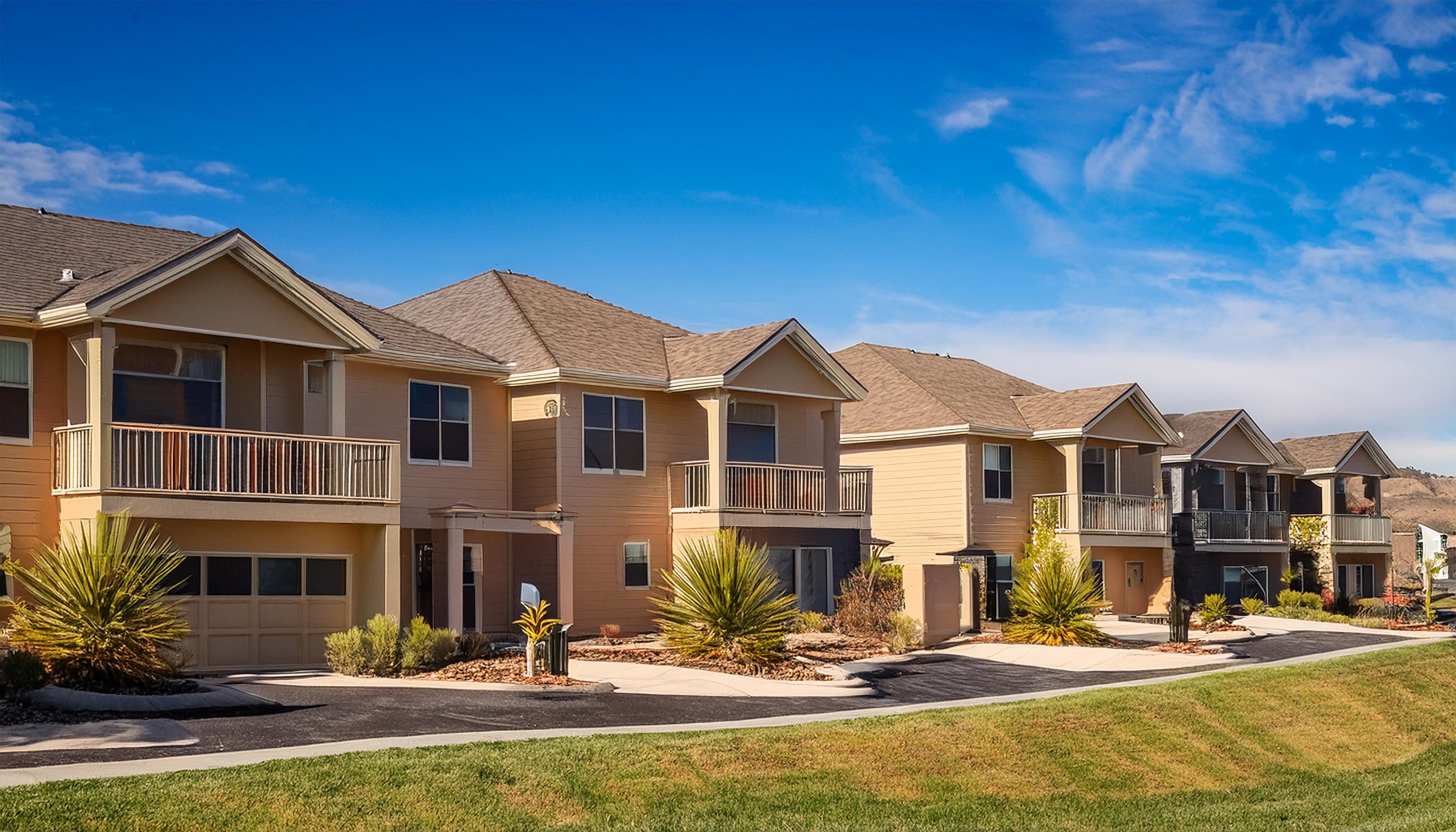SB 326 Inspection: Safeguarding Condos & Townhomes in California

The allure of a private balcony or deck, a space to soak up the California sun or enjoy an evening breeze, is undeniable. But for homeowners in condominiums and townhomes, these elevated outdoor spaces come with a responsibility: ensuring their safety and compliance with state regulations. That’s where Senate Bill 326 (SB 326) steps in, mandating inspections to protect residents and preserve property values.
What is SB326 Inspection and Why Does it Matter for Condos & Townhomes?
SB 326 inspection, enacted in 2019, is a California law specifically designed to address the safety of exterior elevated elements (EEEs) in multi-family dwellings. It requires periodic inspections of balconies, decks, walkways, and other EEEs to identify and address potential hazards before they lead to accidents or structural failures.
For condo and townhome owners, SB 326 compliance is not just a legal obligation; it’s a crucial step in ensuring the safety and well-being of residents, protecting property values, and mitigating potential liabilities.
Contact DrBalcony for a professional inspection!
Ensure the safety of your balcony and living space with DrBalcony – We’re a Tech Engineering firm that specializes in California SB326 & SB721 balcony inspections. Over 300+ completed projects in California.
Contact DrBalcony For A Professional Inspection!
Ensure the safety of your balcony and living space with DrBalcony – We're a Tech Engineering firm that specializes in California SB326 & SB721 balcony inspections. Over 300+ completed projects in California.
Which Condos and Townhomes Need SB326 Inspection?
SB326 California applies to:
- Common Interest Developments (CIDs): This includes condominiums, planned developments, and stock cooperatives.
- 3 or More Attached Units: The building must have at least three dwelling units that share a common wall or are otherwise physically connected.
- EEEs 6 Feet or Higher: The law focuses on balconies, decks, and other exterior structures that are elevated six feet or more above the ground.
What Happens During an SB326 Inspection?
A qualified inspector, such as a licensed architect or structural engineer, will conduct a thorough visual examination of a representative sample of your building’s EEEs. They’ll assess the condition of various components, including:
- Load-bearing elements: Beams, joists, columns, and other structural members that support the weight of the balcony or deck.
- Waterproofing systems: Flashing, membranes, and sealants that prevent water intrusion and protect against damage.
- Railings and guardrails: Ensuring they meet height and strength requirements to prevent falls.
- Connections and fasteners: Checking for signs of corrosion, deterioration, or loose connections that could compromise structural integrity.
What Happens After the Inspection?
The inspector will provide a detailed report outlining their findings and recommendations. This report will identify any necessary repairs, distinguishing between emergency repairs that require immediate attention and non-emergency repairs that can be addressed within a specified timeframe.
The HOA or condominium association is then responsible for reviewing the report, allocating funds for repairs, and ensuring that all necessary work is completed by qualified professionals.
Failing to comply with SB326 California can have serious consequences, including:
- Financial Penalties: Local enforcement agencies can impose hefty fines for non-compliance.
- Legal Liability: In the event of an accident or injury, the HOA or condominium association could be held liable for damages.
- Insurance Issues: Non-compliance may lead to increased insurance premiums or even denial of coverage for balcony-related claims.
At DrBalcony, we understand the unique challenges faced by HOAs and condominium associations in California. Our team of experienced professionals is dedicated to providing comprehensive, reliable, and efficient inspection services. We utilize cutting-edge technology, including AI-powered assessments, to ensure thorough inspections and accurate reporting.
Don’t wait for a disaster to strike. Contact DrBalcony today for a free consultation and let us help you navigate the complexities of SB 326 compliance.
Contact DrBalcony for a professional inspection!
Ensure the safety of your balcony and living space with DrBalcony – We’re a Tech Engineering firm that specializes in California SB326 & SB721 balcony inspections. Over 300+ completed projects in California.
Contact DrBalcony For A Professional Inspection!
Ensure the safety of your balcony and living space with DrBalcony – We're a Tech Engineering firm that specializes in California SB326 & SB721 balcony inspections. Over 300+ completed projects in California.
FAQ Section: Top Questions & Answers
My property is well-maintained. Do I really need SB-326/SB-721 inspections?
YES! Even with excellent maintenance, hidden issues can develop due to construction errors, material flaws, or severe weather exposure. Inspections are about ensuring those don’t turn into major problems.
Our balconies were inspected a few years ago – isn’t that enough?
Unfortunately, no. California laws mandate inspections on a set schedule, often every 6 years. Deterioration can happen quickly, making regular assessments essential.
Can I use my regular handyman for the balcony inspection?
It’s not recommended. Unless they hold specific licenses (architect, structural engineer, etc.) their inspection won’t be considered valid for SB-326/SB-721 compliance.
What if the inspection uncovers major issues?
First, don’t panic! Early detection often means less extensive (and expensive) repairs are needed. Work with your inspector to prioritize fixes, and explore if they offer repair services for a streamlined solution.
I’m worried about the cost of inspections. Are there any resources to help?
Start by getting detailed quotes from multiple companies. Factor in that proactive inspections help you avoid even bigger costs down the line due to neglected problems. Some property management associations offer guidance on budgeting for balcony compliance.
